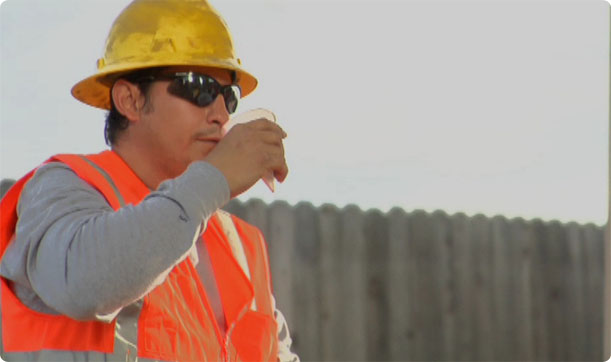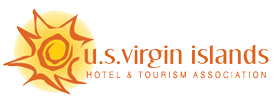US Virgin Islands Hotel & Tourism Association
 Three simple words that can prevent heat-related illness and fatalities: water, rest, shade. Drinking water every 15 minutes, even if you aren’t thirsty, as well as taking breaks which include resting in the shade to cool down, limiting time in the heat and keeping an eye on fellow workers, are some of the preventative measures employers should ensure employees follow to help reduce heat illness and fatalities.
Three simple words that can prevent heat-related illness and fatalities: water, rest, shade. Drinking water every 15 minutes, even if you aren’t thirsty, as well as taking breaks which include resting in the shade to cool down, limiting time in the heat and keeping an eye on fellow workers, are some of the preventative measures employers should ensure employees follow to help reduce heat illness and fatalities.
Workers become overheated from the combined effect of the environmental conditions in which they work and the internal heat generated by their physical labor. Heat-related illnesses occur when the body is not able to shed enough heat so that there’s a balance between the heat generated by physical work and external heat sources. Workers who are exposed to hot and humid conditions are at risk of heat-related illness. The risk of heat-related illness becomes greater as the weather gets hotter and more humid. For people working in hot weather, both air temperature and humidity affect how hot they feel.
Although OSHA does not have a specific standard that covers working in hot environments, it is still required for employers to protect workers from recognized serious hazards in the workplace, including heat-related hazards. To effectively reduce the number of workers who become sick from exposure to heat, OSHA continues the national “Campaign to Prevent Heat Illness in Outdoor Workers.” The OSHA webpage on heat-related illness contains resources for workers and employers including a heat index guide, educational and training resources, and a Smartphone App.
For further assistance regarding this topic in the form of free consultation services, policy development or training, please contact the UVICELL Safety in Paradise office at 340-693-1146 or via email at safetyinparadise@uvi.edu. We look forward to helping you meet your safety and health needs!
UVICELL Safety in Paradise can help small and medium-sized employers by providing free OSHA On-Site Consultation Services. To learn more about this free and confidential safety and health program, visit http://safety.uvi.edu/.
